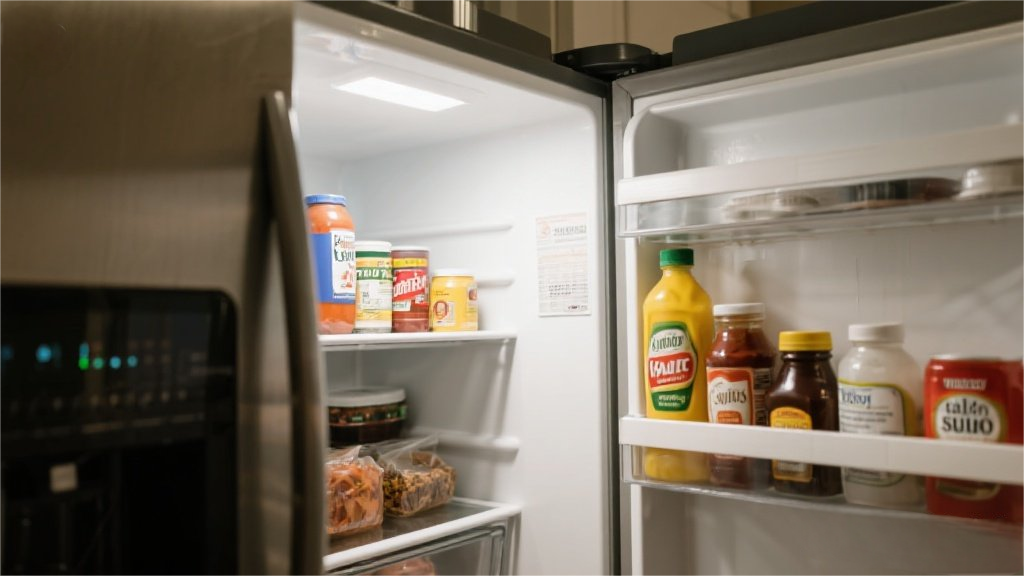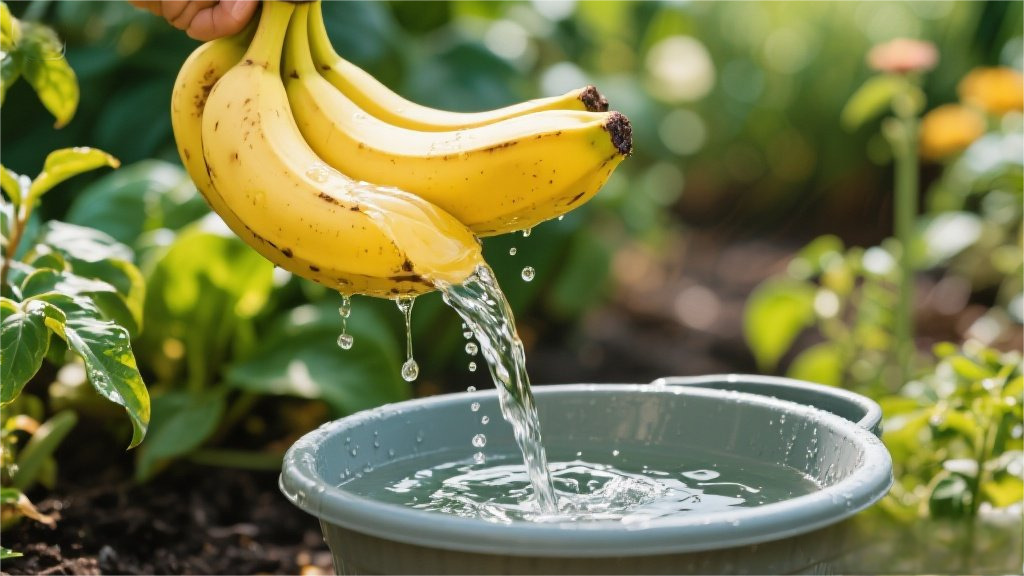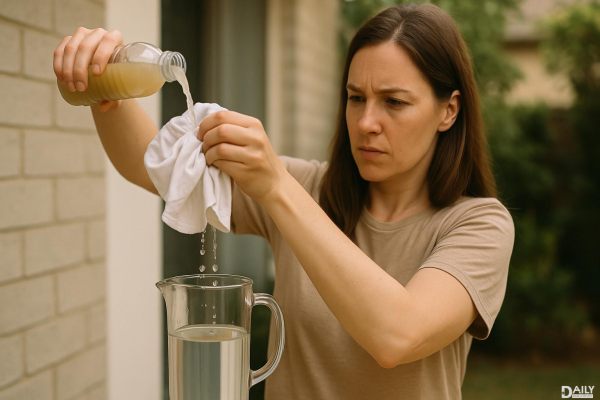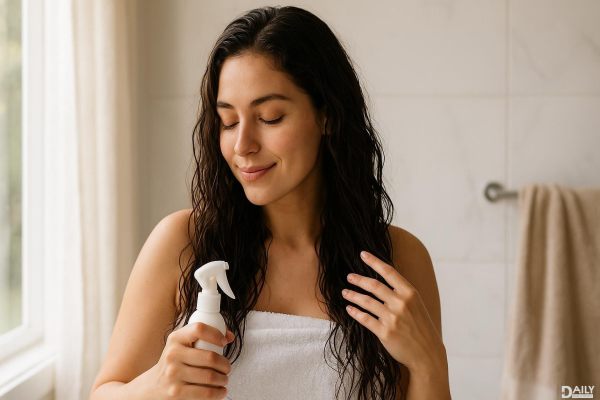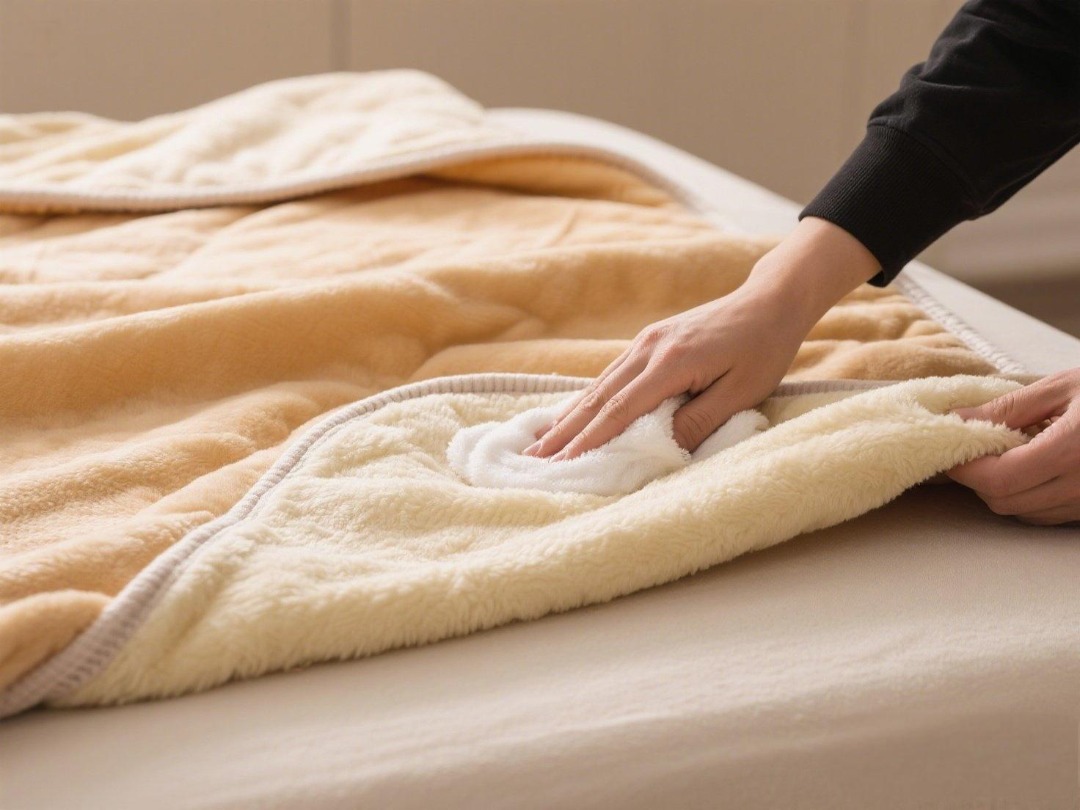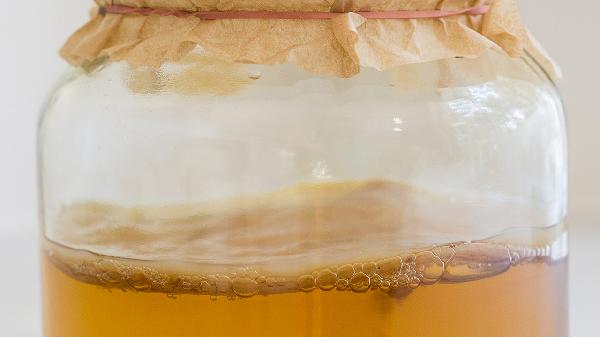Big knots in your muscles might seem like nothing more than a painful nuisance, but they actually hold some surprising health benefits you probably never considered. Far from being just a sign of tension or stress, these stubborn tight spots—often called trigger points—can actually signal deeper bodily processes at work. And believe it or not, working through them the right way can lead to unexpected perks beyond just relief.
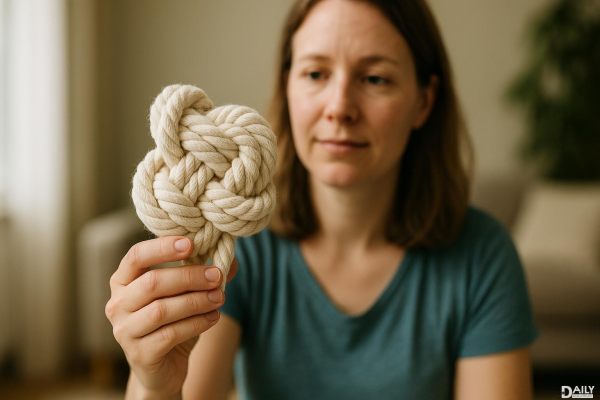
Muscle knots, or myofascial trigger points, are essentially tiny areas of contracted muscle fibers that refuse to relax. They form for all kinds of reasons—poor posture, repetitive movements, stress, dehydration, or even nutrient deficiencies. When muscles are overworked or strained, they can develop these tight, tender spots that sometimes feel like little marbles under your skin. And while they’re often associated with discomfort, they’re actually your body’s way of protecting itself from further damage. Think of them as internal alarm bells saying, “Hey, something’s not right here!”
One of the most overlooked benefits of addressing muscle knots is improved circulation. When muscles stay knotted up, they restrict blood flow to surrounding tissues, which can lead to stiffness, fatigue, and even slower recovery from workouts. But here’s the cool part—working out those knots (through massage, foam rolling, or targeted stretching) helps release that tension, allowing fresh oxygenated blood to rush back in. This not only speeds up healing but also gives your energy levels a noticeable boost. Ever had a massage and felt weirdly energized afterward? That’s your circulation thanking you.
Sure, massaging out a knot feels amazing, but the benefits go deeper than just temporary relaxation. Chronic muscle tension is closely linked to stress hormones like cortisol. When your muscles stay locked in a tense state, your nervous system stays on high alert, reinforcing a cycle of stress. Breaking up those knots sends signals to your brain that it’s okay to dial down the stress response. Over time, this can lead to lower overall anxiety levels and even better sleep. So next time you’re feeling wound up, your knots might be playing a bigger role than you think.
Knots love to form in muscles that are overworked due to poor posture—think shoulders, neck, and lower back. When these areas stay tight, they pull your body out of alignment, making good posture feel like a chore. But as you release those knots, your muscles regain their natural length and balance. The result? Standing or sitting straight suddenly feels effortless. No more forcing your shoulders back or constantly reminding yourself not to slouch. Your body just naturally finds its way back to a healthier position.
Here’s one you probably never saw coming: dealing with muscle knots might actually give your immune system a little boost. How? Lymphatic drainage. Your lymphatic system, which helps remove toxins and supports immune function, relies on muscle movement to keep fluids flowing. When muscles are knotted up, that flow gets sluggish. Releasing tension helps get things moving again, which means your body can clear waste more efficiently and keep your defenses strong. It’s not a magic shield against colds, but every little bit helps!
If you’re into fitness, knots could be secretly sabotaging your gains. Tight muscles limit your range of motion, making movements less efficient and increasing the risk of injury. But when you stay on top of them, your muscles can contract and extend more freely, leading to better performance in everything from weightlifting to yoga. Plus, since knots can cause compensating movement patterns (where other muscles overwork to make up for the tight ones), fixing them helps you move more naturally and powerfully.
So the next time you feel a stubborn knot, don’t just groan and ignore it. That little bundle of tension might be holding the key to better circulation, less stress, improved posture, and even a stronger immune system. Whether you roll it out, stretch it, or get a professional to work on it, giving those knots some attention could lead to benefits way beyond just pain relief. Who knew something so annoying could actually be so useful?
